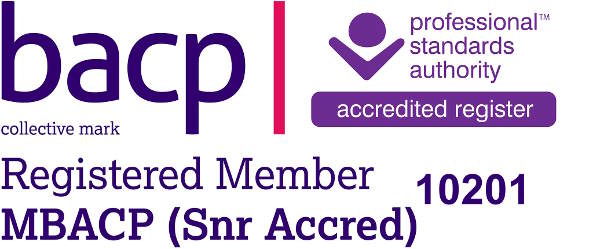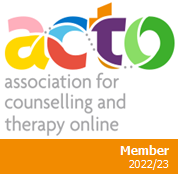Person Centred Counselling
The central truth of Person Centred Counselling is that the client knows best. Person Centeredness is a way of being, rather than a way of practicing. It is a non-directive approach based on the work of Carl Rogers.
The counsellor believes the client has, within them, vast resources for development. The counsellor, by being genuine, accepting and empathic hopes to help the client realise their potential (self-actualising).
These are Carl Rogers's six core conditions for psychological growth:
- Client and counsellor are in psychological contact
- The client is incongruent (vulnerable/anxious)
- The counsellor is congruent (genuine) in the relationship
- The counsellor is accepting (unconditional positive regard)
- The counsellor is empathic in their understanding the clients world and works to show this to the client
- Empathy and acceptance is communicated to the client
Person Centred counselling holds that the therapeutic relationship is crucial to the process and is the therapy.
I endeavour to work using the core conditions and believing the relationship between client and counsellor is crucial to useful change.
It is especially helpful to form a safe base for work, although other theoretical approaches are usually used as well. This is because Person Centred counselling is a theory of "within" the person.
With relationship issues it is helpful to use theories which focus on "between" for example psychodynamic and systemic.
My first counselling training was in Person Centred Counselling and I find this a good base to work from.
The idea of trusting the inner wisdom and healing in the client also resonates with EMDR and Brainspotting.
Source: Mearns Thorne Person Centred Counselling in Action
Source: Casemore Person Centred Counselling in a Nutshell


